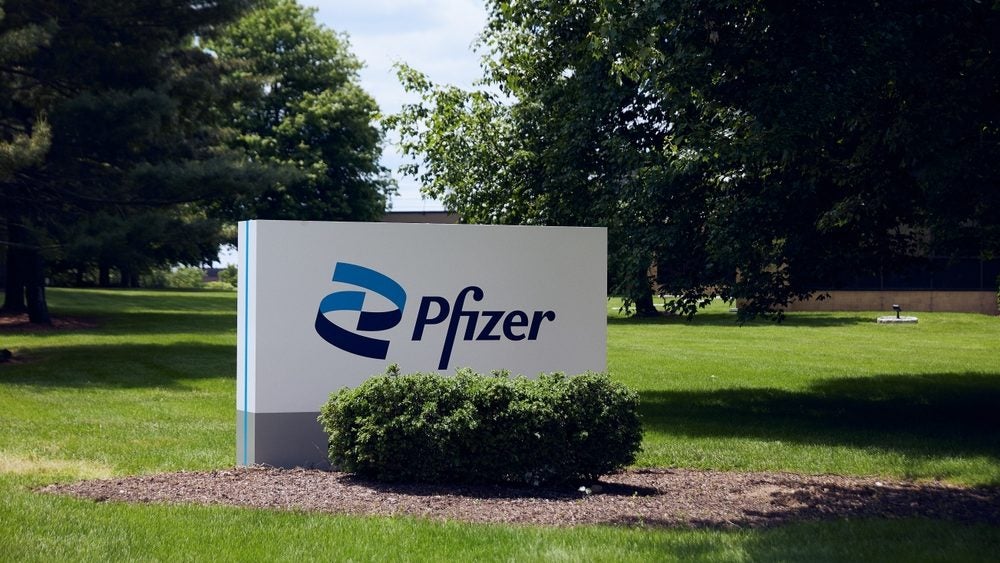Minocycline is under clinical development by Trex Wind-Down and currently in Phase II for Acne Vulgaris. According to GlobalData, Phase II drugs for Acne Vulgaris have a 40% phase transition success rate (PTSR) indication benchmark for progressing into Phase III. GlobalData’s report assesses how Minocycline’s drug-specific PTSR and Likelihood of Approval (LoA) scores compare to the indication benchmarks. Buy the report here.
GlobalData tracks drug-specific phase transition and likelihood of approval scores, in addition to indication benchmarks based off 18 years of historical drug development data. Attributes of the drug, company and its clinical trials play a fundamental role in drug-specific PTSR and likelihood of approval.
Minocycline overview
Minocycline (BPX-01) is under development for the treatment of acne vulgaris. It is applied through topical route in the form of gel. It acts by targeting 16s ribosomal subunit. The drug candidate is developed based on anhydrous hydrophilic topical delivery system HyantX technology.
Trex Wind-Down overview
Trex Wind-Down is focused on developing non-systemic treatments for rare dermatologic diseases including congenital ichthyosis, X-linked recessive, and other sclerotic skin. The company is headquartered in Warren, New Jersey, the US.
For a complete picture of Minocycline’s drug-specific PTSR and LoA scores, buy the report here.
Premium Insights
From

The gold standard of business intelligence.
Blending expert knowledge with cutting-edge technology, GlobalData’s unrivalled proprietary data will enable you to decode what’s happening in your market. You can make better informed decisions and gain a future-proof advantage over your competitors.







